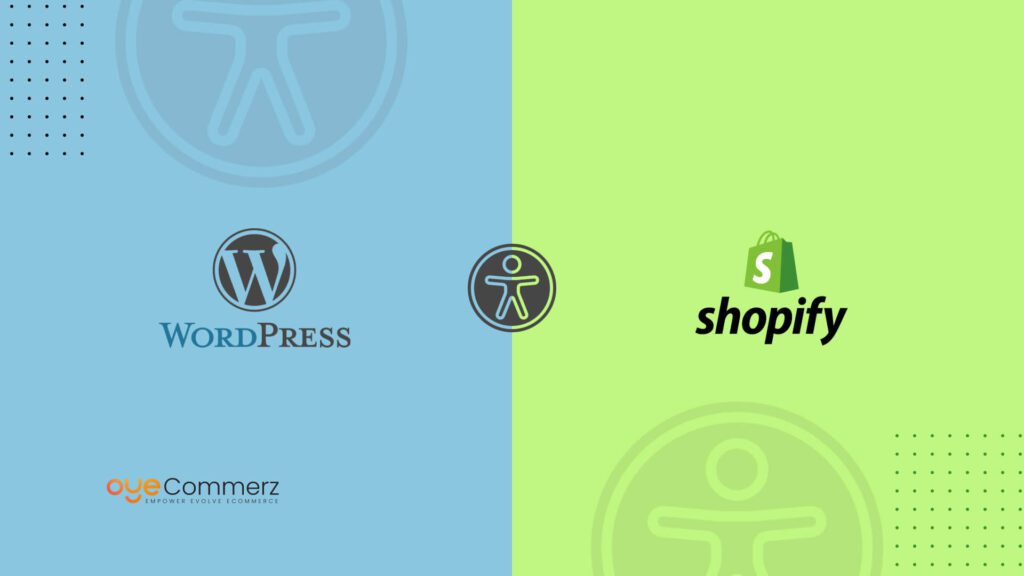In the dynamic sphere of online retail, choosing the best solution is crucial for your brand’s success. If you’re presently using WP and considering a migration to an alternative, you’re not the only one. Numerous businesses are shifting to take advantage of Shopify’s robust tools, user-friendliness, and growth potential. This guide will take you through the journey of migrating from WP to Shopify effortlessly, making sure that you realize your online retail potential.
Why Transition from WordPress to this platform?
Ahead of diving into the migration journey, it’s essential to realize why this change can be beneficial for your digital storefront:
Intuitive Design: Shopify provides an intuitive system that simplifies store management, enabling for non-technical users.
Scalability: As your business develops, Shopify can accommodate higher traffic and transactions without compromising speed.
Integrated Features: Shopify comes with integrated features for SEO, analytics, payment handling, and more, minimizing the requirement for multiple plugins.
Advanced Safeguards: With Shopify, you get access to advanced security features that secure sensitive customer information.
Steps for a Effortless Migration
Migrating your eCommerce site from WP to Shopify includes several phases.
Here’s the way to facilitate a hassle-free transition:
Plan Your Migration Approach
Start by outlining your migration strategy. Identify which aspects of your present site you want to migrate, such as:
Product data
User details
Purchase logs
Blog content
Choose the Right Migration Solution
Considering your preferences, opt for a migration service that fits your business. Professional services offers various choices:
Starter Package: Ideal for small stores with fewer products.
Standard Migration Package: Recommended for mid-range businesses with more complex demands.
Premium Migration Package: Perfect for big stores demanding extensive customization.
Secure Your Data
Ahead of starting the migration, ensure that you have a complete backup of your WP site. This task is crucial in the event anything goes wrong during the transfer.
Export Your Content from WP
Use extensions or manual methods to extract critical data from your WP site:
Inventory
Customers
Orders
Content pieces
Migrate Content into Shopify
After you have your data extracted, employ Shopify’s import tools or external apps to upload your data into your updated store. Verify that all information is accurately structured and aligned.
Adapt Your Shopify Site
After migrating content, customize your Shopify site’s theme to match Shopify content optimization with your style. Look into engaging a specialist if you require advanced customization.
Set Up Checkout Systems and Shipping Options
Arrange billing solutions and shipping settings in Shopify to ensure a smooth transaction experience for customers.
Apply Search Engine Optimization Best Practices
To keep your SEO performance during the change:
Set up 301 URL mappings from existing URLs to updated ones.
Update meta tags.
Optimize visual content and content for better advantages of Shopify ranking.
Review Your Updated Platform
Before launching, completely review your new site. Check for any errors, payment processing issues, or missing data.
Publish Your Store
After everything is in ready, it’s the opportunity to publish! Share the transition to your customers and invite them to discover the enhanced offerings of your Shopify store.
Post-Migration Support
Post releasing your updated store, continued assistance is important. Explore engaging experts who can guide with:
Technical support
Marketing strategies
Improvement strategies
Conclusion
Migrating from WordPress to Shopify can be a crucial decision for your digital business. By using this guide and working with experts like those offered by OyeCommerz, you can guarantee a effortless transition that improves your business potential. Adapt to the shift and realize the potential of Shopify today!
